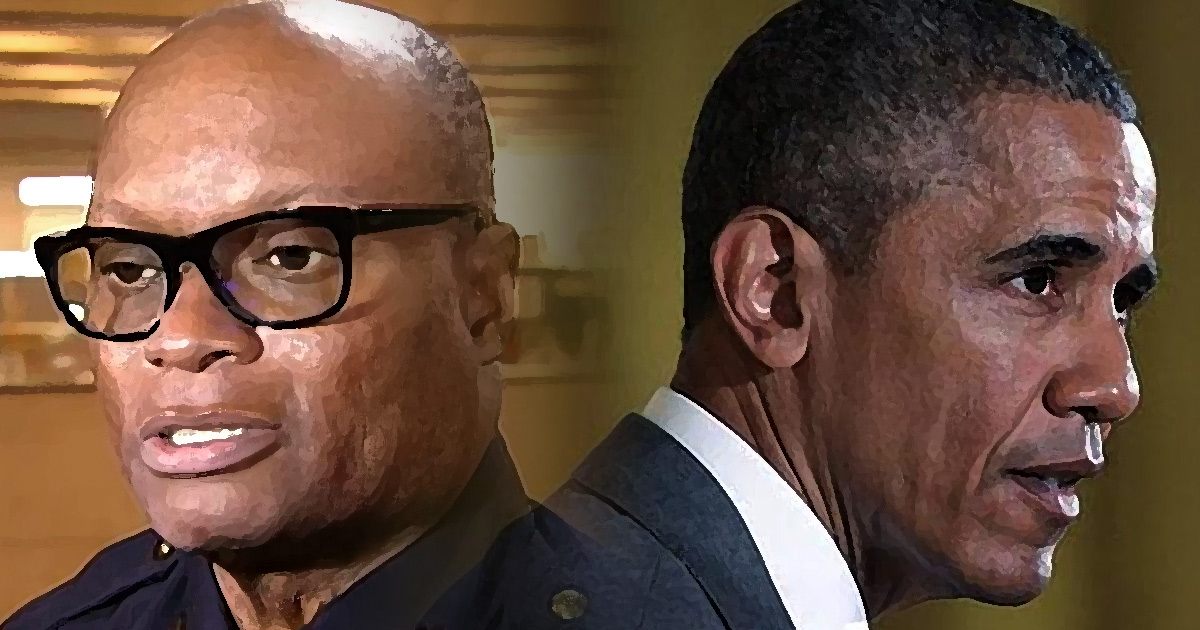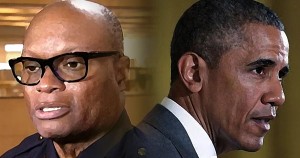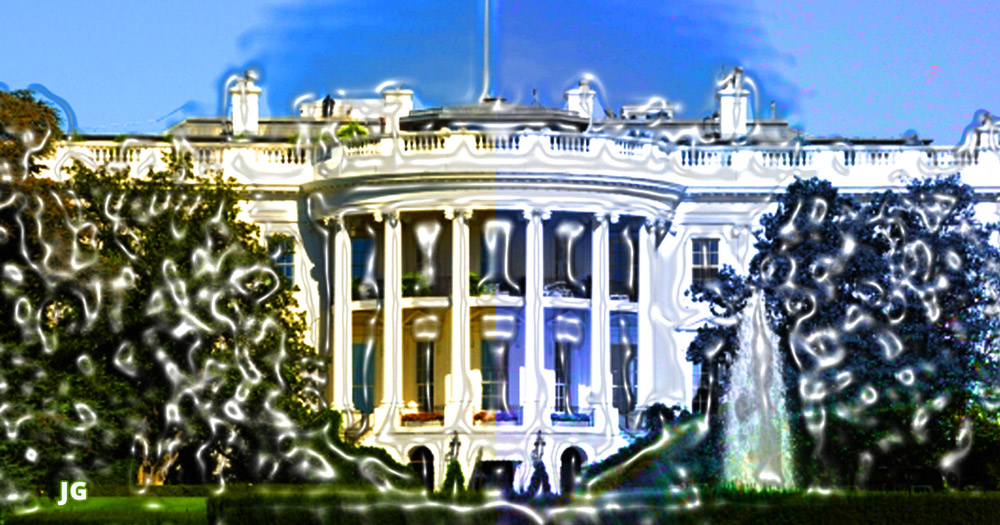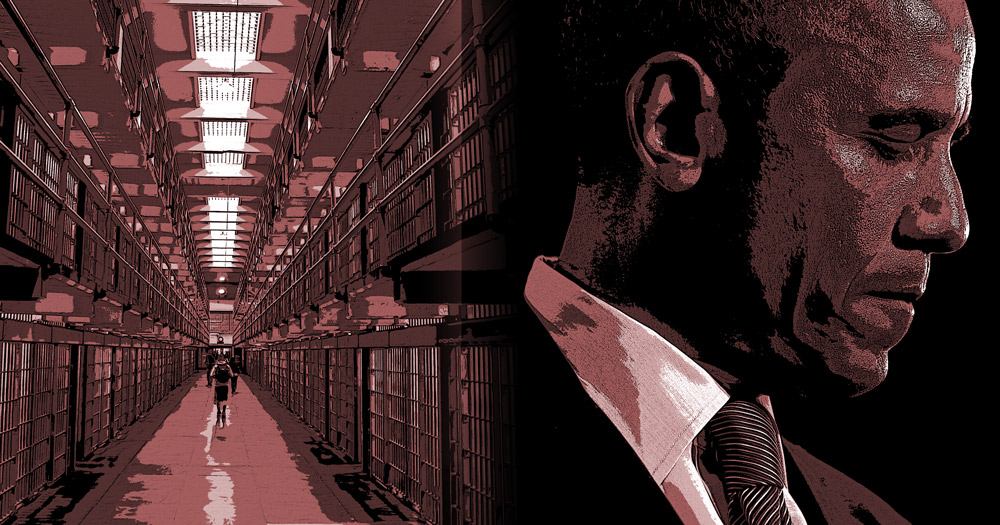A dark cloud hangs over tonight’s debate.
Not the sex assault scandals. Not the WikiLeaks email apocalypse. Not even the banning of Gov. Gary Johnson from the debate stage. I refer, instead, to the obvious failure of American foreign policy.
Last week, U.S. warships in the Red Sea received missile fire. Not from a “policy disaster” country, mind you, but flowing from the fruits of our flagship foreign policy success!
In September of 2014, President Barack Obama spoke directly to the nation about how he would fight ISIS, pointing to the “strategy … we have successfully pursued in Yemen and Somalia for years.”
Roughly four months later, Yemen’s U.S.-supported government fell to Houthi rebels allegedly backed by Iran. Still, the Orwellian oasis that is the state department continued to “stand by” the president’s declaration of success there.
Then, Saudi Arabia and a number of other Sunni-run states began bombing and blockading (and then invading) Yemen. With U.S. military support. Amnesty International, aid groups and Congressman Ted Lieu (D‑Calif.) allege war crimes, as the bombing campaign targets civilians and medical facilities. Barely a week ago, an errant strike killed 140 members of a funeral party.
Meanwhile, as the U.S. shoots Tomahawk missiles at Yemeni radar installations, our war department spokesman refers to the return fire as “not connected to the broader conflict in Yemen.”
Sure.
And what of Somalia, Obama’s other success? In recent weeks, al-Shabab fighters have twice attacked U.S. soldiers, and a U.S. air strike mistakenly killed 22 Somali soldiers in the country’s north.
Blindly pursuing a failed strategy, Obama’s undeclared wars go on and on. So where does the likely next president stand?
This is Common Sense. I’m Paul Jacob.










 But I’m not at all sure he’s seizing — or sizing up — the facts. He says, “we, the people, understand that our country cannot succeed when a shrinking few do very well and a growing many barely make it.” As I understand it, those who do very well have increased in number. Many folks have moved out of the middle-income earning category into the upper regions. We’ve more millionaires now than ever — even adjusted for inflation. Their ranks aren’t exactly shrinking.
But I’m not at all sure he’s seizing — or sizing up — the facts. He says, “we, the people, understand that our country cannot succeed when a shrinking few do very well and a growing many barely make it.” As I understand it, those who do very well have increased in number. Many folks have moved out of the middle-income earning category into the upper regions. We’ve more millionaires now than ever — even adjusted for inflation. Their ranks aren’t exactly shrinking.